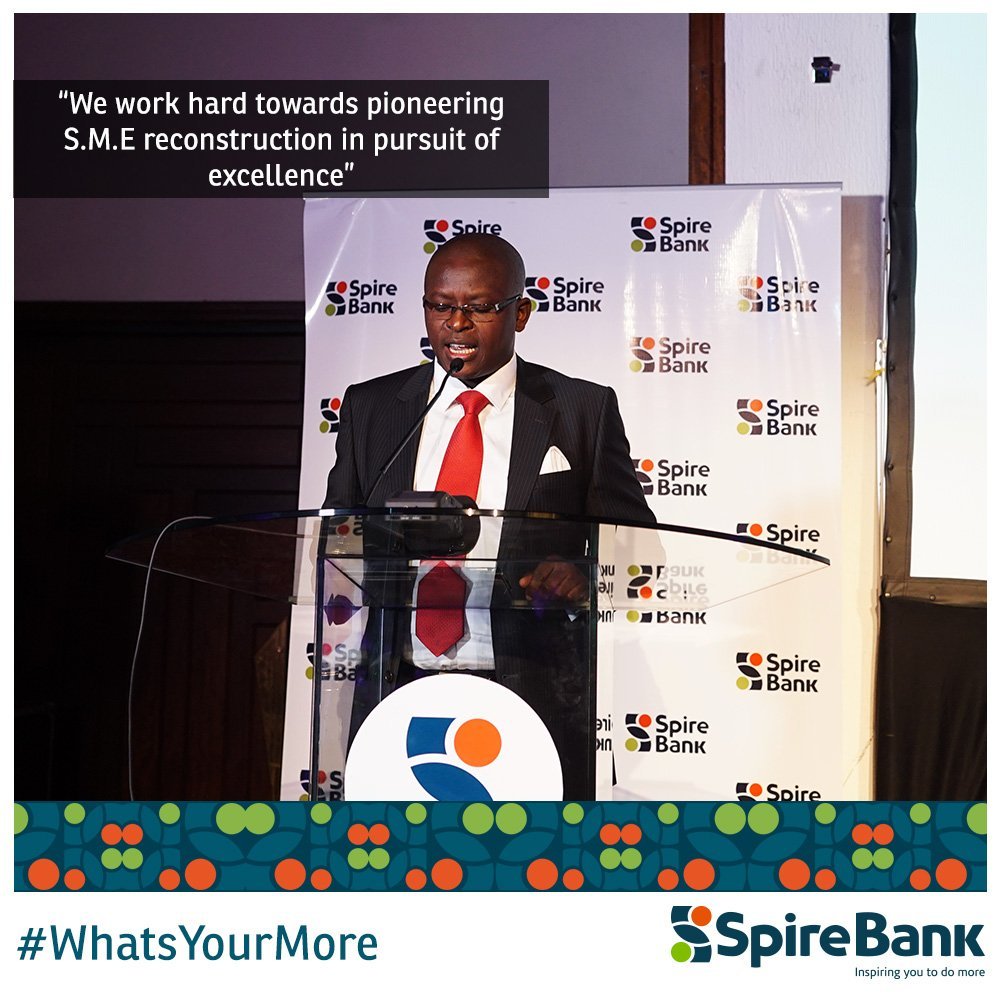How To Measure Start Up Success
First, funding raised is something worth talking about though it is not my favourite measure of success. When a start up raises funds, it means that it has convinced someone other than the founder that the business can be viable. While we have seen many businesses fail after successfully raising funds, that is something. In addition to funding, it is important that your business provides a solution to an existing problem. This does not have to be a complicated problem. It can be as easy as providing good customer service, or convenience in a sector where the two are not valued, for example garages / motor vehicle repairs.
Your business must also be sticky. People must consistently need the product or service you are providing and they must need it enough to be willing to pay you to use your service or product. A lot of the tech solutions I see do provide a solution to an existing problem, but it is hard to build a case on why someone would want to pay for it. An app displaying traffic jam information for example will be useful in Nairobi, but will people want to pay for it? And if not, are there things people can pay for that can ride on that app? This second bit is something gamers do excellently. They know you will probably not pay for their game, but by creating a highly addictive game, they’re able to attract advertisers and advertising revenue. This is what the infamous Flappy Bird creator did, and by the time he took the game down, he was earning over $50,000 daily.
Succession and sustainability are also markers of business success. Are you building a business that will continue to exist if market conditions change? What if you died today? Would your business continue to exist without you? A less morbid scenario, if you were hospitalised for 3 months, would you find your business still running? In most start ups, the founder does everything because of lack of funds, or because the founder believes he/she knows best. As your business grows, you need to wean it you and get a staff team that can keep things going if you have to be absent. On a larger scale, seek to build a legacy that outlives you. When talking about legacy, you can discuss your staff growth plan and strategy around this.
So next time someone asks you how much your start up has made, you can use any of the above measures to let them know that even though you haven’t made much money, you are hopeful of growth because…





